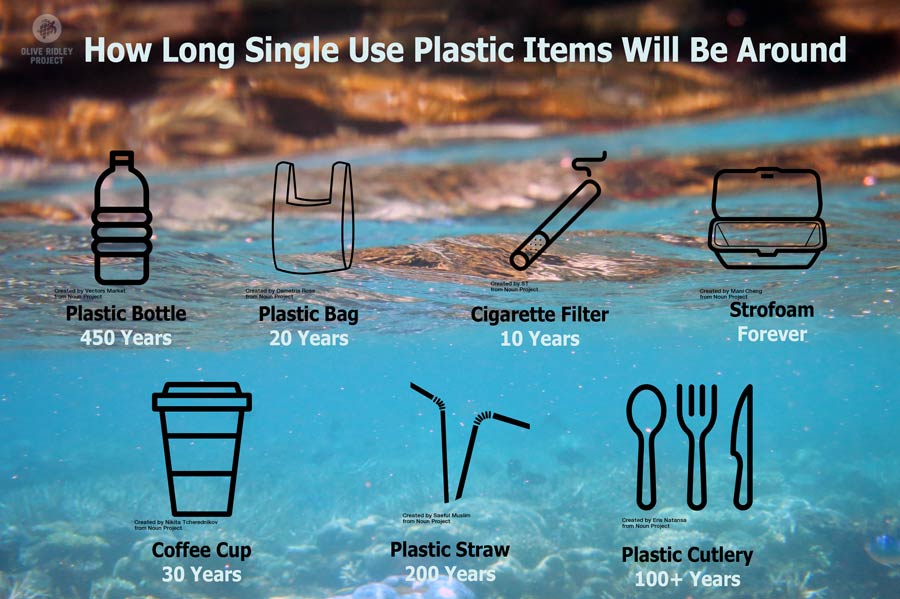
single-use plastic
single-use plastic
single-use plastic
India has signed a resolution to draw up an agreement (under UNEA,)
single-use plastic--As the name suggests, it refers to plastic items that are used once and discarded .E.g., plastics used in packaging items, bottles (shampoo, detergents, cosmetics), polythene bags, face masks, coffee cups, cling film, trash bags, food packaging etc. Status: As per the Minderoo Foundation report (2021) : single-use plastics account for a third of all plastic produced globally, with 98% manufactured from fossil fuels.
India features in the top 100 countries of single-use plastic waste generation at rank 94 (the top three being Singapore, Australia and Oman).India’s domestic production of SUP is 8 million metric tones annually, and its import of 2.9 MMT. India’s per capita generation is 4 kg .The largest share of single-use plastic is that of packaging– with as much as 95% of single-use belonging to this category – from toothpaste to shaving cream to frozen foods.
Concern- Harm environment: Single-use plastic also accounts for the majority of plastic discarded – 130 million metric tonnes globally in 2019 — all of which are burned, buried in landfills or discarded directly into the environment.
GHG emission: On the current trajectory of production, it has been projected that single-use plastic could account for 5-10% of greenhouse gas emissions by 2050.
The items being banned- Central Pollution Control Board (CPCB) have announced a ban on Ear buds; balloon sticks; candy and ice-cream sticks; cutlery items including plates, cups, glasses, forks, spoons, knives, trays; sweet boxes; invitation cards; cigarette packs; PVC banners measuring under 100 microns; and polystyrene for decoration.
Polythene bag: The Ministry had already banned polythene bags under 75 microns in September 2021, expanding the limit from the earlier 50 microns. From December 2022, the ban will be extended to polythene bags under 120 micron Sachets : According to the Plastic Waste Management Rules, 2016 .There is also a complete ban on sachets using plastic material for storing, packing or selling gutkha, tobacco and pan masala. As per the ministry: The choice for the first set of single-use plastic items for the ban was based on “difficulty of collection, and therefore recycling”
Directions to industries: SPCBs and Pollution Control Committees will modify or revoke consent to operate issued under the Air/Water Act to industries engaged in single-use plastic items. Fresh licensing required: Local authorities have been directed to issue fresh commercial licenses with the condition .
CPCB has issued one-time certificates to 200 manufacturers of compostable plastic and the BIS passed standards for biodegradable plastic. Those found violating the ban can be penalised under the Environment Protection Act 1986 – which allows for imprisonment up To 5 years, or a penalty up to Rs 1 lakh, or both. Violators can also be asked to pay Environmental Damage Compensation by the SPCB.
Previously, almost 25 Indian States previously banned plastic at the state level. But limited impact in reality because of the widespread use of these items. Awareness through advertisements, newspaper or TV commercials, or on social media,and companies need to Find sustainable alternatives.
This year, 124 countries, parties to the United Nations Environment Assembly, including India, signed a resolution to draw up an agreement which will in the future make it legally binding for the signatories to address the full life of plastics from production to disposal, to end plastic pollution.
68 countries have plastic bag bans with varying degrees of enforcement Bangladesh became the first country to ban thin plastic Bags in 2002. China issued a ban on plastic bags in 2020 with a phased implementation. EU bans certain single-use plastics for which alternatives are available.
While the total ban on the use of plastic sounds a great idea, its feasibility seems difficult at this hour, especially in the absence of workable alternatives.
